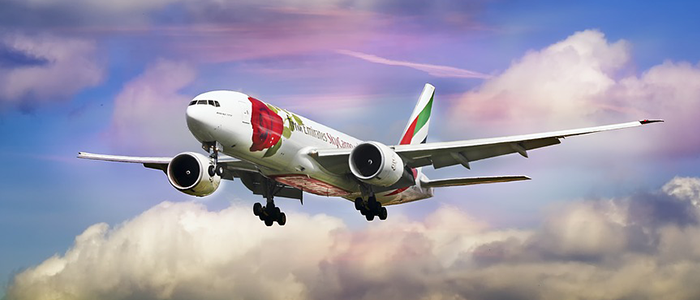West Sussex County Council has put the brakes on a Gatwick parking swindle, designed to con travellers out of their hard-earned cash.
Gatwick Secure Parking, a private enterprise owned by London restaurateur, Resat Gundogdu, sold fake parking spaces to unsuspecting tourists, wooing them with hyperbole and buzzwords – secure facilities, six-foot high fences and lockable gates.
A litany of complaints forced the local Trading Standards Office to intervene, but the company carried on trading. Further investigation revealed that the firm was running a very strange business indeed.
Council officers purchased their own parking space from Mr. Gundogdu, and left for the evening, assured that their car would be treated with the utmost care, wrapped in cotton wool and guarded by angry dragons.
However, it soon became clear that Gatwick Secure Parking was not providing the service that its website had promised. Rather than transporting customer vehicles to a secure location, valuable cars and motorbikes were being left in the general parking area, unattended.
Over three winter days, council officers returned to find their mileage identical to the previous evening. In November, Mr. Gundogdu pleaded guilty to fraud. He was handed a £836 fine, and sentenced to 140 hours community service, picking up leaves and planting flowers. West Sussex Council was suitably impressed with the verdict.
“This is another example of our trading standards officers’ determination to protect the interests of consumers who live, work or visit our county”, council boss, Henry Smith, explained. The Gatwick Secure Parking website has since been shut down.
Mr. Gundogdu was also fined £24,000 for failing to uphold hygiene standards at a Crawley kebab and steak house.



